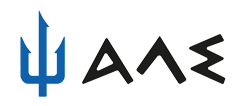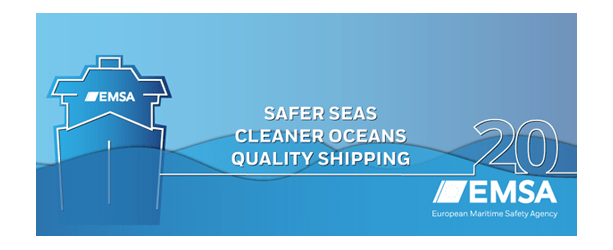Economic Exploitation and Benefits
Course List
Ship’s Economic, Exploitation & Benefits Training
One of the major challenges that shipping companies face is providing evidence of sustainable social, economic, financial or environmental development.
In light of this, a number of characteristic features related to international sea transport have to be taken into account.
Our training Center offers specialized courses in order to assist shipowners and shipping agents in the exploitation of their vessels and execution of general business.
These courses cover, among others, topics dealing with performance evaluation, compliance with specific Charter Party (C/P) terms, good weather days, understanding of specific shipowners/charterer terms, selection of repairs/workshops, evaluation of expenses, mate’s receipts, Bills of Lading, L.O.I., Authorization Letters, analysis of basic terms (N.O.R., LAYCAN DAYS, WEATHER WORKING DAYS, etc.).
Courses
1. SPEED UNDERPERFORMANCE AND OVERCONSUMPTION CLAIMS
A speed and consumption claim permits charterers to deduct from hire any extra time and bunkers spent performing a voyage. This claim is however not equivalent to putting the vessel off-hire as the method of calculation can lead to different results. The aim of this course is that when considering such claims to first check the charter party (warranties, weather factors, average speed, effects of currents, etc.), to look at the evidence (weather routing vs deck log), to calculate the vessel’s performance and any possible defenses (good weather periods and days, calculations, etc.).
2. C/P TERMS ON FAVOUR OF SHIPOWNER OR CHARTERER
This course has been designed to give all those involved with crucial contracts a practical, commercial, and legal grounding in charter parties. It highlights all the important issues and pitfalls and discuss legal and practical solutions to problems and how to avoid them by good planning. During the course several subjects will be discussed such as Market Context and Broking, Owner’s and Charterer’s issues and obligations, Ports and Performance, Laytime and Demurrage, Conflict, Interaction and Resolution.
3. VOYAGE AND TIME CHARTER
A time charter is a type of vessel chartering whereby the shipowner leases the ship for a set length of time while a voyage charter is a type of ship chartering that sees the charterer agrees to lease the vessel for one specific voyage. On completion of the course, trainees will acquire fundamental knowledge for chartering a vessel under a time, voyage, and bareboat charter party, and learn about voyage estimates, bunkers cost, lay time, demurrage, dispatch, stoppages, shipping and vessel’s arrival.
4. PREPARATION FOR DRYDOCKING REPAIRS
Dry-docking and major repairs often involve effective coordination among several stakeholders such as ship owner’s technical managers, ship’s staff, dry-dock, Class and statutory surveyors, suppliers of spare parts and stores, service engineers, etc. Consequently, planning and preparations for dry-docking is a critical activity that goes a long way in preventing time and cost overruns and in avoiding nasty surprises.
This course aims to enhance the awareness of the participants in anticipating pitfalls and in planning and preparation for dry-docking from a practical point of view. It is built around case studies and delivered in workshop mode. The course emphasizes on adopting project management approach to dry-docking.
On completion of the course, participants will be able to develop an understanding of how to:
- Carry out planning and preparations for dry-docking of a vessel,
- Effectively manage the dry-docking within the given time and budget,
- Plan and execute major repairs during dry-docking.







